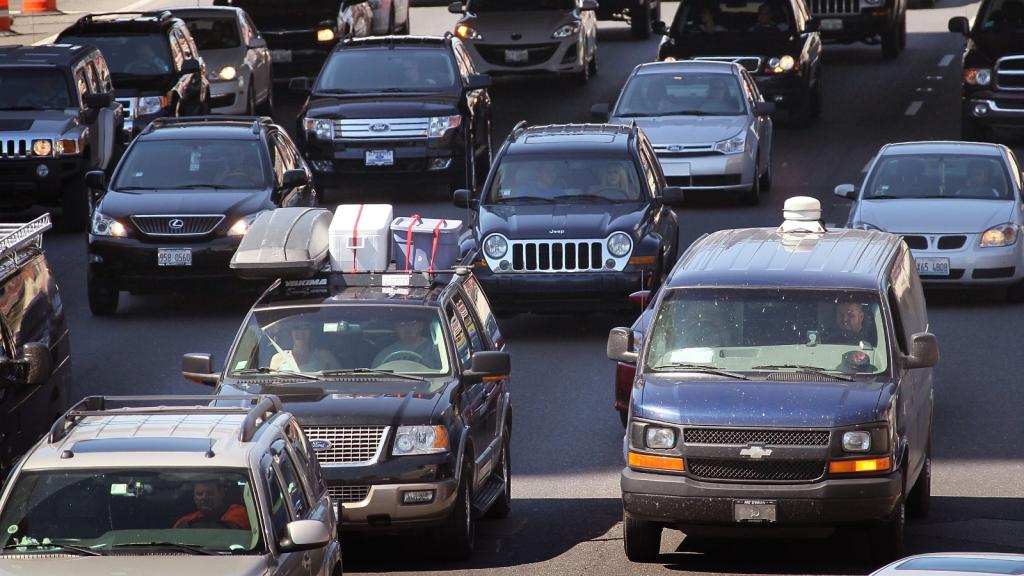At the gym, in between hearing an EMT talk about the heat stroke issues he expects tomorrow, I marveled at how awful news programs were today, devoting huge chunks of time to talking up Boeing’s new “Dreamliner” jet, which the blow-drieds say will consume 20 percent less fuel per mile. I even heard one blow say “eventually reducing the cost of air travel.”
Man, talk about delusional.
(Oh, and I know I’m not supposed to connect things like our craze for jet travel and high temperatures, as if to suggest a connection between another spate of record breaking temperatures in what’s shaping up to be a record breaking year … bad me. I’ll report to reprogramming.)
A good piece on travel from Sam Smith, editor of the Progressive Review:
HIDDEN ISSUES: THE ECOLOGICAL COSTS OF TRAVEL
While the Daily Mail shares with other conservative voices the view that global warming is just the liberal equivalent of the Loch Ness Monster, the paper makes a worthy point in covering the Live Earth concerts:
A Daily Mail investigation has revealed that far from saving the planet, the extravaganza will generate a huge fuel bill, acres of garbage, thousands of tonnes of carbon emissions, and a mileage total equal to the movement of an army.
The most conservative assessment of the flights being taken by its superstars is that they are flying an extraordinary 222,623.63 miles between them to get to the various concerts – nearly nine times the circumference of the world. The true environmental cost, as they transport their technicians, dancers and support staff, is likely to be far higher.
The total carbon footprint of the event, taking into account the artists’ and spectators’ travel to the concert, and the energy consumption on the day, is likely to be at least 31,500 tons of carbon emissions, according to John Buckley of Carbonfootprint.com, who specializes in such calculations. Throw in the television audience and it comes to a staggering 74,500 tons. In comparison, the average Briton produces ten tons in a year.
The British media is ahead of its American colleagues in covering an eco-topic that’s a bit troublesome for a modern society: the environmental costs of travel.
Here, airplane travel doesn’t get much attention and as long as you get out of your car and use some form of mass transit earthbound travel also gets a pass.
Years ago, your editor [Sam Smith] asked a transportation expert what the best form of mass transit was. Without hesitation, he replied, “stop moving around so much.”
Certainly mass transit programs like Washington’s Metro can increase transportation intrusion in the environment by serving as an enticement for development spaced far apart.
Toronto planner Terry Fowler has urged that we worry more about access and less about mobility, but that’s not a terrible popular view.

